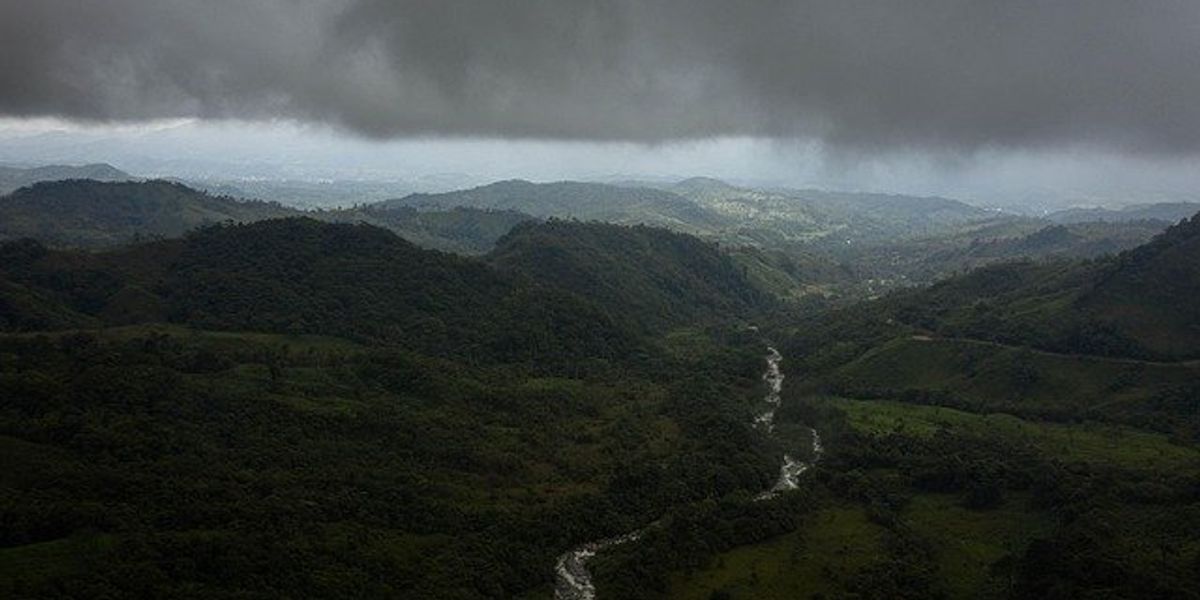
EPA’s deregulatory push faces legal roadblocks but could still delay action
The Trump administration’s effort to dismantle environmental regulations may not survive court challenges, but the attempt alone could create enough disruption to slow climate policy for years.
Pamela King, Niina H. Farah, and Sean Reilly report for E&E News.
In short:
- The U.S. Environmental Protection Agency administrator Lee Zeldin announced a sweeping rollback of climate, air, and energy regulations, despite legal precedent that could make the effort difficult to defend.
- The administration may try to circumvent legal constraints by revoking the EPA’s 2009 endangerment finding on greenhouse gases, a move that could unravel many existing environmental protections.
- Even if courts ultimately reject the rollbacks, legal battles and regulatory uncertainty could stall climate action by industries that require long-term planning to meet emissions standards.
Key quote:
“Just creating a world-class mess is victory. What the courts ultimately end up deciding to do is secondary.”
— Joe Goffman, EPA air chief under former President Biden
Why this matters:
Environmental regulations take years to craft and even longer to implement. Undoing them — even temporarily — can derail efforts to curb emissions, protect air and water quality, and address climate change. A new administration can freeze regulations, revoke executive orders, or rewrite agency guidelines. But legal challenges often follow, as courts have historically resisted abrupt shifts in policy.
Even if courts ultimately uphold a rollback, the uncertainty itself can stall progress. Companies looking to invest in long-term sustainability efforts may hesitate if the regulatory landscape is in flux, waiting for clarity before committing to new technologies or infrastructure. Weakened regulations can lead to increased emissions and pollution, exacerbating climate change and disproportionately affecting low-income and marginalized communities. Whether or not the courts intervene, the practical consequences of these shifts could be felt for years to come.
Related:













